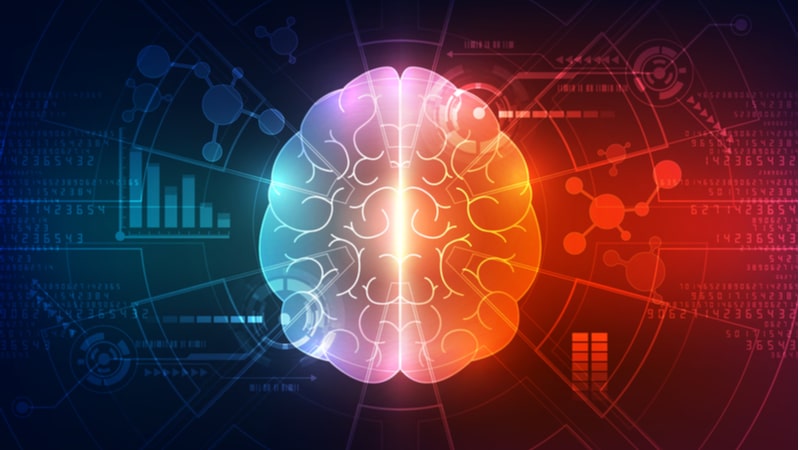
The AI revolution is here, and many different industry and public organizations are beginning to take advantage of some of the abilities that “generative” AI has to offer.
The distinction between traditional AI and the newer category of generative AI is the latter’s ability to create new and novel ideas based off tasks that are assigned by the AI tool user – unlike traditional AI which focus primarily on pattern detection. Examples of generative AI being used today include tools such as ChatGPT, DALL·E 2, and Synthesia.
One government-focused business that is taking advantage of these new technologies is Accenture Federal Services.
Michael Thieme, generative AI lead at Accenture Federal Services, told MeriTalk about some of the important work that he and Accenture have been taking on, and the potential that generative AI has for the future.
“Accenture Federal Services has been working with generative AI since it became viable for Federal use cases about four years ago,” said Thieme.
“More recently, we have worked with large language models (LLMs) to solve client challenges such as data annotation and translation,” he said. “The explosion of public interest in ChatGPT in late 2022 has shown the power of newer LLMs for dozens of Federal use cases.”
As part of this leap in the use of AI technology, Accenture recently announced the creation of a new generative AI center to prepare people for the “future of work.”
“The Federal Generative AI Center of Excellence harnesses our capabilities in human-centered design, AI, and data analytics to bring new capabilities to clients,” Thieme said. “The Center of Excellence is collaborating with the Accenture Federal Studio on the future of work effort.
Challenges that many in industry and government are facing are the “significant questions about data privacy, security, and intellectual property,” as well as the continually shifting landscape of AI tools, he said.
To face these challenges, Accenture Federal Services has launched FedGPT, which Thieme said “adapts generative large language models and foundation models to fit Federal use cases for on-prem applications with sensitive data.”
“FedGPT brings together open source and commercial models to address high-priority use cases that accelerate value for clients,” he said.
While use of the new technology hints much larger possibilities down the road, Thieme said it’s “important to note that generative AI should not be seen as replacing employees – it assists and enhances their work, taking away tasks that can be simplified so that human expertise, judgment, and capabilities can come to the forefront.”
